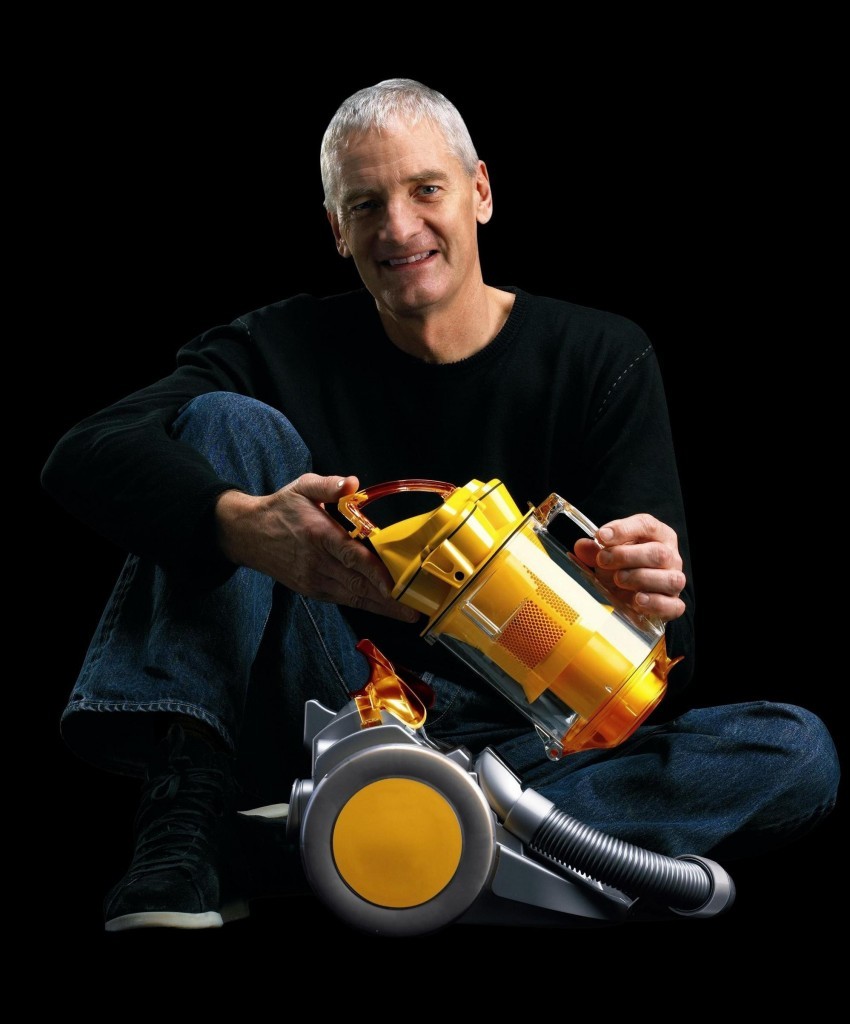
Dyson is expecting a European court verdict on its request to amend EU energy labelling laws for vacuum cleaners, arguing that they mislead customers.
The British technology company has long argued that current testing does not reflect how products are used in the home, and therefore gives customers false energy ratings.
It is particularly concerned that vacuum cleaners are only tested when they are empty of dust, making the subsequent energy rating misleadingly good as machines use more power when they are full.
Dyson, headed by the British engineer James Dyson, is seeking to amend the EU’s energy labelling directive in relation to vacuum cleaners at the European Court of Justice.
The court is expected to deliver a verdict on Wednesday.
Sir James Dyson said: “People want high performing technology which uses less energy and materials. A good energy label for vacuum cleaners would guide them to these machines, but in its current form it does not show the true ’in-use’ energy consumption and performance of a machine since the testing is done with no dust – hardly representative of your living room.
“As a result it can mislead consumers on the real environmental impact of the machine they are buying – particularly with bagged machines which lose suction as they fill with dust – and it gives manufacturers room to engineer machines which gives beneficial results in the lab, but different ones in the home.”
He added: “This is about consumers having the wool pulled over their eyes by a label which is supposed to inform them. The regulations state that machines are tested without dust, and therefore they favour bagged machines and allow manufacturers to engineer machines that use different amounts of energy in the home as compared to the lab.”
Last month Dyson launched legal action against rivals Bosch and Siemens alleging that they were misleading consumers in behaviour “akin to the Volkswagen scandal”.
It claimed that independent testing had shown that machines made by Bosch and Siemens could draw more than 1600W of power when used in the home while containing dust despite having a rating of 750W gained in dust-free testing.
This would mean a rating as high as AAAA in test conditions could drop to an E or F in the home.
BSH Home Appliances, the parent company of Bosch and Siemens, promptly announced it was taking legal steps against Dyson over the “unfounded and untrue” statements.
The company said all its vacuum cleaners were tested in accordance with the EU Energy Label and Ecodesign Directive for vacuum cleaners and met the standards in full.
Dyson, best known for its bagless vacuum cleaner, said it was a strong supporter of energy labelling and eco-design requirements.
But it said it wanted to reduce the 126 million European vacuum sacks that are dumped in landfill sites each year.
The EU has already proposed reforms to energy labelling rules in the form of a single scale from A to G and a digital database for new energy efficient products.
It says the proposal is in line with making the EU energy system more sustainable via well-informed consumer choices.
Recommended for you
